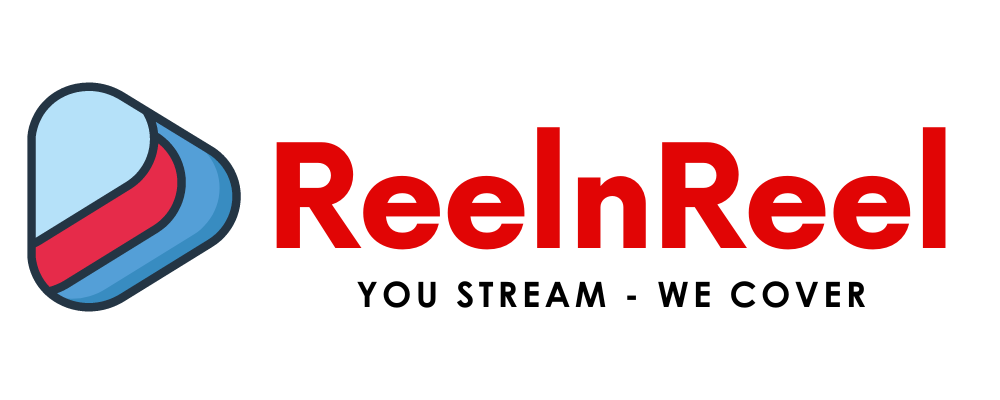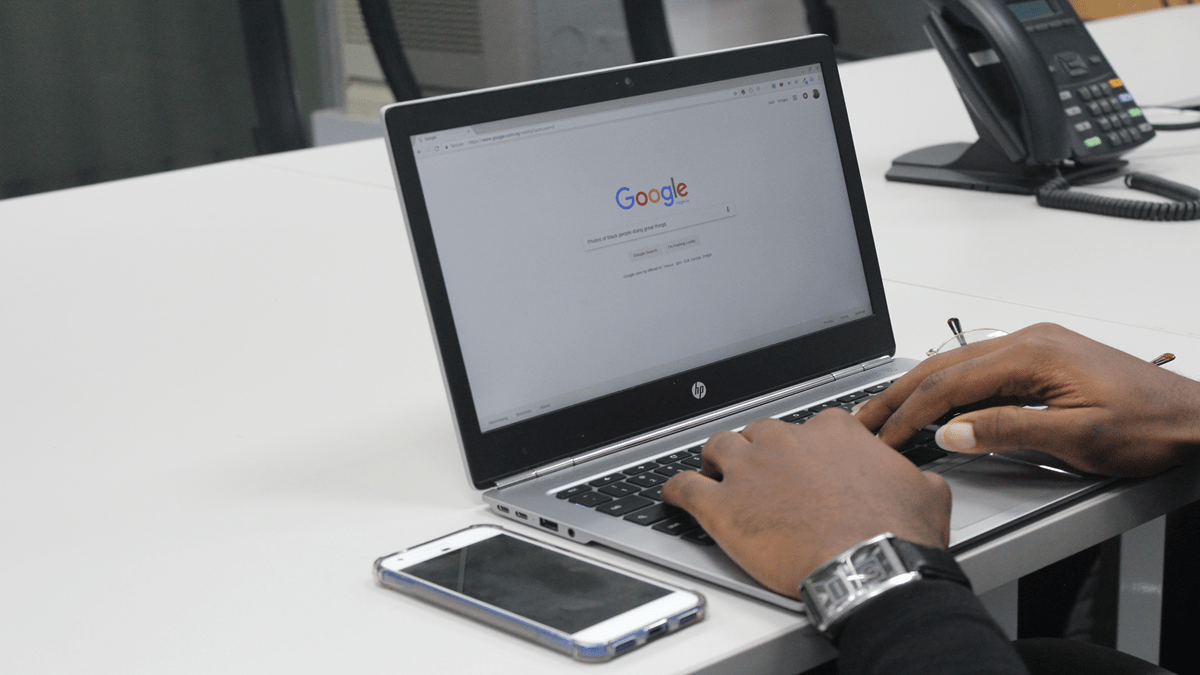Censorship of OTT platforms is a growing issue. To understand how censorship affects the user experience, we must first define what it means and why it’s happening.
The term “over-the-top” refers to online streaming services that bypass cable TV providers. More specifically, Internet TV services such as Netflix and Amazon Prime Video do not require a subscription from a traditional provider to watch content on an internet-connected device such as a smartphone or laptop computer.
Censorship can be either self-imposed, or government-enforced. Self-censorship is when an organization voluntarily suppresses speech within its ranks.
Censorship is a hot topic in the news and on social media. Censoring OTT platforms, such as Netflix or Hulu, can have an adverse effect on user experience. Explore how censorship affects the OTT user experience and how you can protect your online privacy while binge-watching your favorite TV show.
What is an OTT platform?
An OTT platform is a media distribution system that relies on an entity’s existing infrastructure to deliver the content.
An OTT platform is a streaming service that allows you to watch films and TV shows online. It’s usually cheaper than cable or satellite, but you have to have an internet connection at the same time as the video plays.
An OTT platform is an online video distribution service that allows users to view videos without downloading the entire file.
Over-the-top (OTT) is the delivery of media content, such as video or audio, directly to consumers through an Internet connection without the involvement of a multiple-system operator in the control or distribution of the content.
An OTT platform is a service that allows you to watch movies and TV shows without the need for an actual cable or satellite connection. Examples include Netflix, Amazon Prime Video, and Hulu.
An OTT platform is an online service that provides movie, TV show, and music streaming.
How does censorship affect the OTT user experience?
Censorship in OTT affects the user experience very negatively. Censorship is the practice of removing or restricting access to information that may be deemed objectionable or harmful.
Many of the best features that users love on OTT come from censorship. Without it, there would be no funny videos, live streams, or even memes!
Censorship in the news affects user experience because people rely on it for unbiased information. News censorship makes users question the value of that particular site or app, leading to them leaving.
Censorship is essential because if there weren’t any, it would be too much chaos.
Censorship is one of the biggest problems in the online community today.
First, it affects the user experience in a way that is adverse to OTT providers. Second, I would argue that censorship helps some companies because it allows them to control what they are doing.
Censorship can adversely affect the user experience in several ways, including creating inconsistent and confusing experiences for users.
The pros of OTT Censorship
- Censorship can be used to prevent the spread of violence, hate speech, and illegal activity
- It’s a way for people with different opinions to have their voices heard
- Most censorship is done by democratic governments to protect citizens from harm or abuse
- Censorship can help prevent children from accessing inappropriate content
- It’s a way of controlling the spread of information that could be harmful to society
- OTT censorship is a form of media literacy, which teaches people about what they’re seeing and how it affects them
- Censorship is a way to protect children from explicit content
- It can help parents monitor what their kids are watching
- It can allow for more creative freedom in the programming industry
- Censorship helps to keep specific topics off of social media
- Censorship is a form of control
- It can be argued that censorship helps to maintain order and stability in society
- The power of the government is strengthened by censoring media content
- Media literacy programs are ineffective because they don’t combat the root cause of why people censor themselves
- OTT censorship is less expensive to produce than traditional TV shows
- Censorship can be more engaging for viewers, as they are more likely to share their opinions on the show’s content
- Shows that are censored may have a higher viewership due to the controversy surrounding it
- Censorship is not a violation of freedom of speech
- It’s easy to block content you don’t want your kids to see
- Censorship offers protection from offensive and explicit material
- There are no ads on OTT services like Netflix, which means fewer distractions when watching TV
- OTT censorship is a form of self-regulation
- OTT censorship protects children from harmful content, such as pornography and violence
- It prevents people from viewing content they may not want to see or have access to
- The government has the right to censor content it deems inappropriate
- Censorship prevents people from seeing obscene material and profanity
- Censorship is a way for governments to control what information is made available to their citizens
- Censorships helps protect children from harmful content
- Censorship is good for protecting children from inappropriate content
- Censorship protects society against radical and extremist ideas
- Censorship can be used to control the flow of information that may harm a country’s economic stability or national security
- It allows governments to promote their agendas and ideologies through media censorship
- Censorship is a way to regulate what we see and do online
- It protects children from inappropriate content
- It can protect us from cyber-attacks or viruses by blocking malicious sites
- OTT censorship helps the government control the flow of information in their country
The cons of OTT Censorship
- Creates a culture of fear and self-censorship
- Limits the diversity of content available to people, which harms their ability to make informed decisions about what they should watch
- Censorship is often arbitrary and inconsistent, meaning that it can’t be effectively enforced or challenged
- Creates an environment where it’s difficult to distinguish between propaganda and legitimate news
- Censorship is not a foolproof solution to the problem of illegal content
- Internet censorship is often ineffective and only serves to create more problems than it solves
- There are many ways that people can get around OTT blocking software by using VPNs, TOR browsers, or other circumvention techniques
- Censoring the internet will lead to an increased usage of these workaround methods, which in turn leads to an increase in cybercrime
- Censorship is the act of suppressing speech, public communication, or other information which may be considered objectionable, harmful, sensitive, politically incorrect, or inconvenient as determined by governments and large institutions
- OTT censorship refers to a type of censorship that occurs on streaming services such as Netflix and YouTube, where content providers are not directly regulated by the government but rather have agreed to adhere to certain guidelines to gain access to a particular country’s market
- In many cases, these companies will censor themselves without any external pressure from government regulators
- This means that they’re censoring their content based on what they think viewers want
- It can be a violation of human rights
- It is not transparent, and it’s challenging to know the criteria for blocking content
- There are no laws that require ISPs to block content, meaning there is less accountability on their part
- OTT Censorship could result in more cyber-crime as people will have fewer options for entertainment
- Censorship restricts free speech
- It can lead to self-censorship, which is the act of censoring one’s thoughts and opinions
- Censorship is often used for political purposes
- Censorship does not work because it only suppresses content rather than addressing its root causes
- Censorship kills creativity and innovation
- Censorship removes the right to choose what we want to watch, read, or play
- Censorships can lead to a slippery slope of things that are banned and restricted
- censors can’t keep up with new technology, and content creators
- Censorship is not a one-size-fits-all solution
- It’s hard to keep up with the ever-changing laws and regulations for different countries, which means you’re always playing catch up
- There are many ways around censorship that users can use to get into your content without being monitored
- Users will find another way to access your content if they want it bad enough
- It’s a violation of free speech
- It limits the content people can consume
- It might not be as effective as some other forms of censorship because it is easy to bypass, and there are many ways to get around it
- Censorship doesn’t always work- even if you block illegal websites, people will still find them and use VPNs or other tools that allow them to access those sites
- Creates a culture of fear
- Censorship is not foolproof- it can be bypassed with VPNs and other software
- It can create an atmosphere that limits freedom of speech
- It’s expensive for the government to monitor content all the time
- Parents are not able to protect their children from inappropriate content
- Viewers are unable to choose the programming they want to watch
- The government can use OTT censorship as a tool for repression
Why you should care about the censorship of OTT platforms
The OTTs are the new media giants, and they’re censoring content. To fight back, we need to create a system that values free speech.
News and information are the lifeblood of democracy. The censorship of OTT platforms poses a significant threat to news and information providers and individuals who rely on them for accurate reporting.
The censorship of OTT platforms is affecting the freedom of expression online.
The censorship of OTT platforms is dangerous because these are some of the most popular ways to access information. If governments can arbitrarily shut down communication channels, it’s more difficult for people to organize against them.
Conclusion:
As we can see, censorship of OTT platforms such as YouTube and Facebook is a serious issue affecting user experience. What’s your opinion on this? Let us know in the comments below! For more information about getting started with OTT Platform Marketing Consulting for your business, contact our experts today. You’ll be glad you did!






2 comments